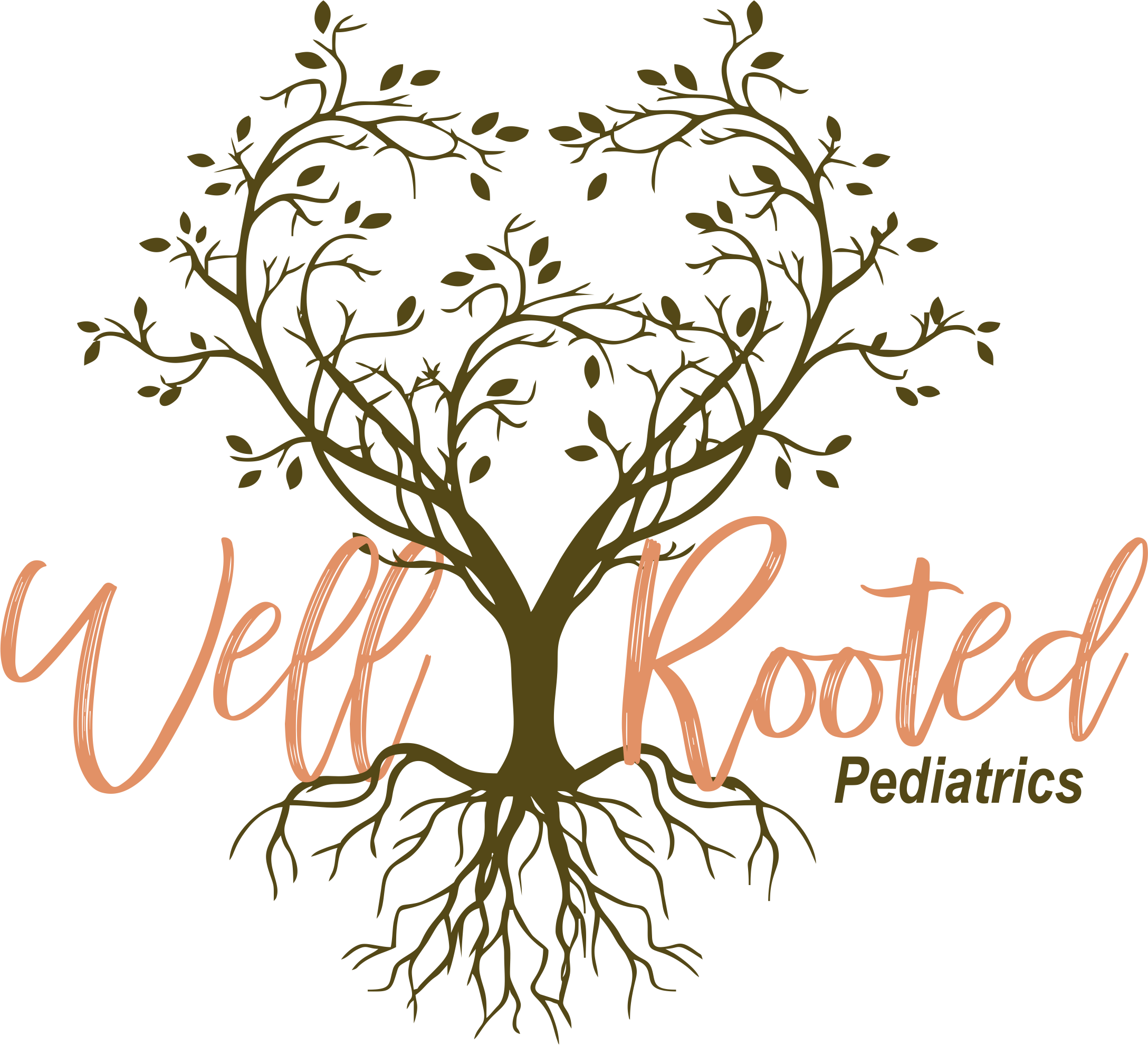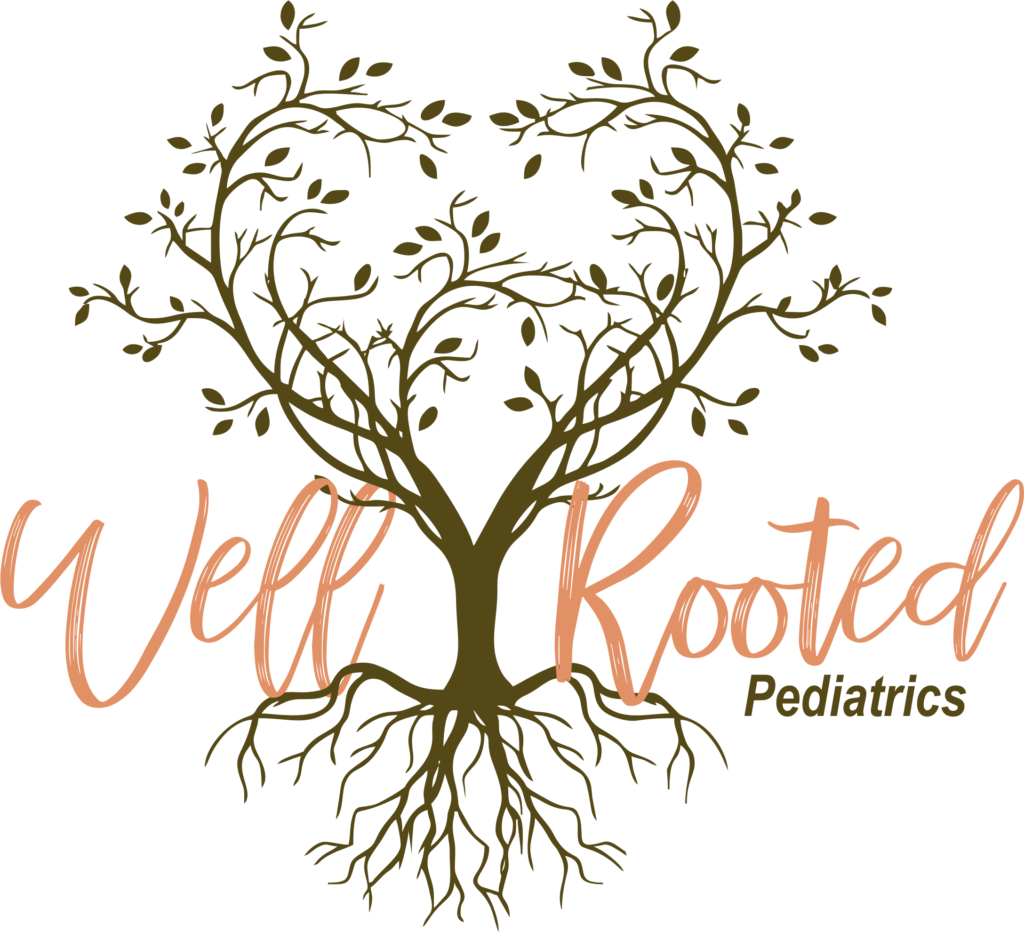Unraveling the Mystery of MTHFR Gene Mutation
MTHFR 🧬 Ever heard of it? Only in recent years has MTHFR become more widely known, though it is still widely misunderstood.
What is MTHFR?
The MTHFR gene encodes an enzyme called methylenetetrahydrofolate reductase, which is crucial for a process called methylation. 🔄 Methylation is a biochemical process that plays many essential roles in the body, including detoxification, DNA repair, neurotransmitter balance, and so much more.
A Hidden Culprit: MTHFR Mutations
Perhaps you’ve experienced issues like leaky gut, frequent migraines, a history of miscarriages, or your child has food sensitivities or behavioral difficulties. Maybe these symptoms have persisted seemingly unexplained. 🧐 If you’ve ever wondered about the root cause, MTHFR may be the answer.
🤔 Why Does MTHFR Matter?
When there’s a mutation in the MTHFR gene, it can negatively impact methylation, which in turn can affect various aspects of health. This enzyme plays a pivotal role in maintaining our well-being, and when it doesn’t function optimally, health issues can arise.
The Complex Web of Symptoms
Severity and specific symptoms of MTHFR gene mutations can vary widely among individuals. 🔎 This is also what makes it so difficult for many practitioners to understand and diagnose. The list of conditions potentially associated with MTHFR mutations is extensive and includes:
🔹 Cardiovascular and thromboembolic diseases (specifically blood clots, stroke, embolism, and heart attacks)
🔹 Mental health issues such as depression, anxiety, bipolar disorder, and schizophrenia
🔹 Certain cancers, including colon cancer and acute leukemia
🔹 Chronic pain and fatigue
🔹 Nerve pain
🔹 Migraines
🔹 Recurrent miscarriages in women of child-bearing age
🔹 Pregnancies with neural tube defects, like spina bifida and anencephaly
… and many more.
The Impact of MTHFR Gene Mutations
The effects of MTHFR gene mutations are influenced by various factors such as the type of mutation, its genetic inheritance (homozygous or heterozygous), and overall lifestyle and environmental factors. 🔬 Unless you have problems or have testing done, you may never become aware of your MTHFR mutation status.
🩺 Seeking Help and Solutions
If you suspect MTHFR in yourself or your child, it’s crucial to seek help from a healthcare provider, especially one well-versed in functional medicine. They can guide you through appropriate testing, diagnosis, and personalized treatment strategies.
Here’s how functional medicine can help:
Genetic Testing: We can conduct genetic tests to identify MTHFR gene mutations. These tests provide valuable insights into an individual’s genetic makeup, allowing for personalized treatment plans.
Personalized Treatment: Armed with genetic information,we can create tailored treatment strategies. These plans often include dietary modifications to support methylation, supplementation with methylated forms of certain vitamins, and lifestyle adjustments.
Addressing Underlying Factors: Functional medicine looks beyond the genetic component to identify other contributing factors. For instance, if stress or environmental toxins exacerbate symptoms, these factors are addressed in the treatment plan.
Patient Empowerment: We empower patients by involving them in their healthcare journey. Patients gain a deeper understanding of their condition and actively participate in their treatment plan.
By addressing MTHFR gene mutations with a holistic and personalized approach, individuals can often manage their symptoms, enhance their well-being, and take control of their health journey. Understanding this genetic variation is a crucial step toward achieving optimal health and well-being. 🌱💪
OUR LOCATIONS
Crystal Lake, IL
390 Congress Parkway Suite J, Crystal Lake, IL
Oak Brook, IL
814 Commerce Drive Ste 150 Oak Brook, IL 60523
HOURS OF OPERATION
Crystal Lake, IL
| Monday | 9am to 5pm |
| Tuesday | 9am to 5pm |
| Wednesday | 9am to 5pm |
| Thursday | 9am to 5pm |
| Friday | 9am to 5pm |
| Saturday | 1st, 2nd & 3rd Saturday Of The Month |
Oak Brook, IL
| Monday | 9am to 5pm |
| Tuesday | 9am to 5pm |
| Wednesday | 9am to 5pm |
| Thursday | 9am to 5pm |
| Friday | 9am to 5pm |
| Saturday | Closed |
Crystal Lake Office
390 Congress Parkway Suite J
Crystal Lake, IL
Phone 815-322-9300
Fax 815-322-9315
Email [email protected]
Oak Brook Office
814 Commerce Drive Ste 150
Oak Brook, IL 60523
Phone 815-322-9300
Fax 815-322-9315
Email [email protected]
Office Hours
Monday: 9am to 5pm
Tuesday: 9am to 5pm
Wednesday: 9am to 5pm
Thursday: 9am to 5pm
Friday: 9am to 5pm
Saturday: Varies By Location

